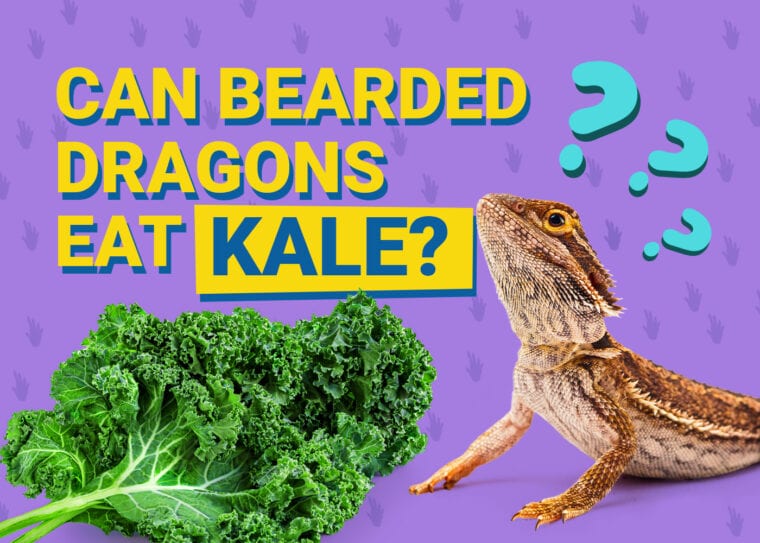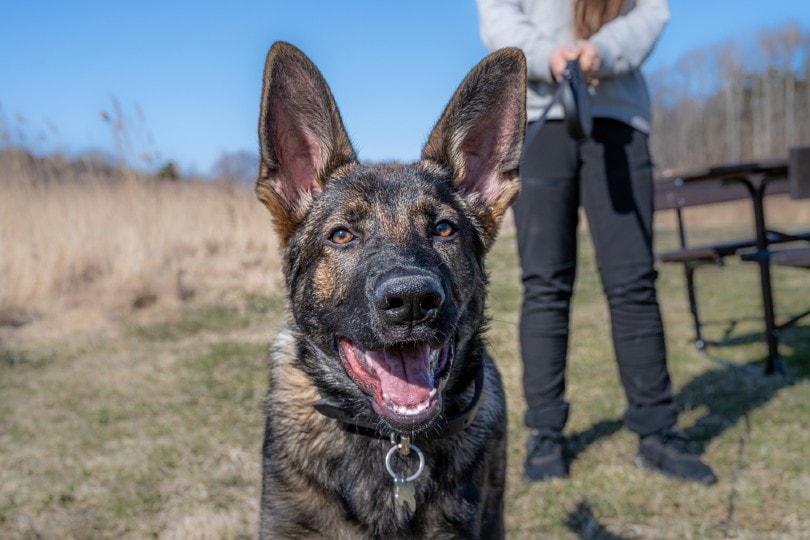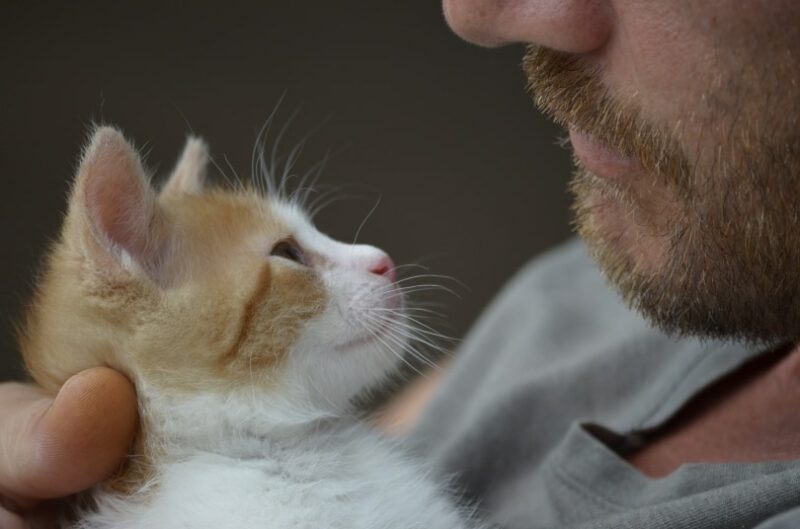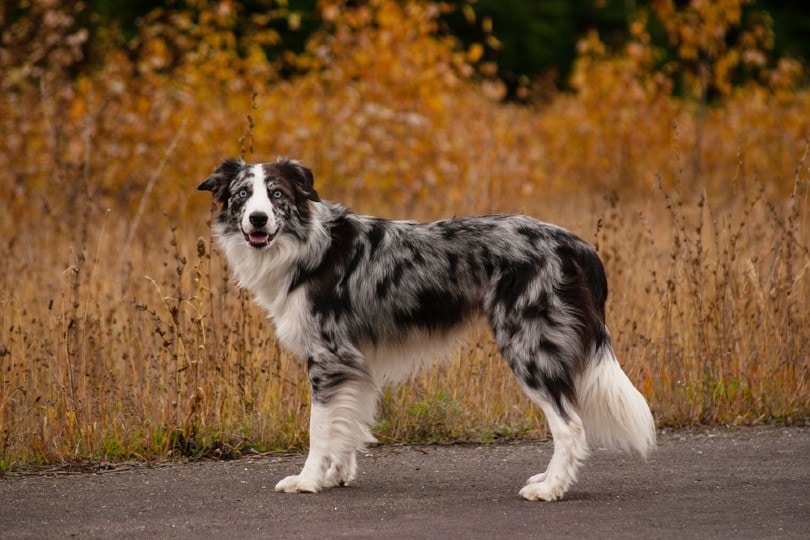
Click to Skip Ahead
If you have kale around the house and are wondering if it’s good to feed to your Bearded Dragon, the answer is yes, it’s fine to give kale to this lizard. Before you do, though, read on to learn if it’s safe in large amounts and if there are better alternatives.

The 7 Pros of Feeding Kale to a Bearded Dragon
Kale is perfectly safe to give your bearded dragon and is quite healthy for them. It contains several ingredients that your pet should eat regularly.
1. Calcium
Calcium is an important nutrient that your bearded dragon can have difficulty getting enough of in its diet, and you often need to supply supplements. Kale is high in calcium, so it’s one of the better foods that you can provide your pet. It helps build strong bones and contributes to overall health.
2. Vitamin A and Vitamin C
As long as it isn’t consumed in large amounts, vitamin A is responsible for a beardie’s good vision and strong immune system. Vitamin C is a powerful antioxidant with regenerative properties. The calcium-to-phosphorus ratio is 2.4:1, so it exceeds recommendations and enables the calcium to be readily absorbed.
3. Vitamin K
The vitamin K in kale will help prevent blood clots in your bearded dragon’s body and is important for blood health.

4. Potassium
Potassium helps your bearded dragon retain water so they don’t dry out in the arid climate. It also helps with muscle function and prevents kidney problems.
5. Manganese
Kale contains manganese, which is an important nutrient that helps fight inflammation and aids in metabolism.
6. Magnesium
Magnesium helps with brain and muscle development.
7. Low Sugar
One of the greatest aspects of feeding kale to your bearded dragon is that it isn’t full of sugar. Foods high in sugar can lead to obesity and several health problems, so it’s best to avoid them if you can.

The 3 Cons of Feeding Kale to a Bearded Dragon
1. Oxalates
Kale has oxalates, which are bad for bearded dragons. These can bind with calcium and prevent your pet from absorbing it. You should be feeding calcium supplements to your dragon because they don’t get enough in their diet, so you don’t want to feed them something that makes them ineffective. However, kale has very few oxalates and contains only 20 mg per serving.
| Food (100-g serving ) | Oxalates (mg) |
| Kale | 20 |
| Spinach | 658 |
| Broccoli | 190 |
| Carrot | 500 |
2. Vitamin A
Vitamin A can be toxic to bearded dragons in large amounts and can lead to health problems like brittle bones. However, the vitamin A in kale is in the form of beta-carotene and is as safe as part of a varied diet.
3. Goitrogens
Goitrogens affect the thyroid gland and could affect the production of hormones. However, there is not enough goitrogen in kale to cause a problem in bearded dragons, even if they eat it regularly.

How Should I Feed Kale to My Bearded Dragon?
The best way to feed kale to your bearded dragon is when it’s raw. Any heating or boiling will destroy the nutrients that it contains.

Final Thoughts
We hope that you have enjoyed reading this guide and have decided to make kale a regular part of your pet’s diet. Mixing it with other high-quality vegetables will help provide a balanced meal that’s high in nutrients and low in sugar to keep your pet healthy. Remember to add calcium supplementation to their diet, no matter what you are feeding them!
- Related Read: 10 Best Greens for Bearded Dragons
Featured Image Credit: Pixabay








